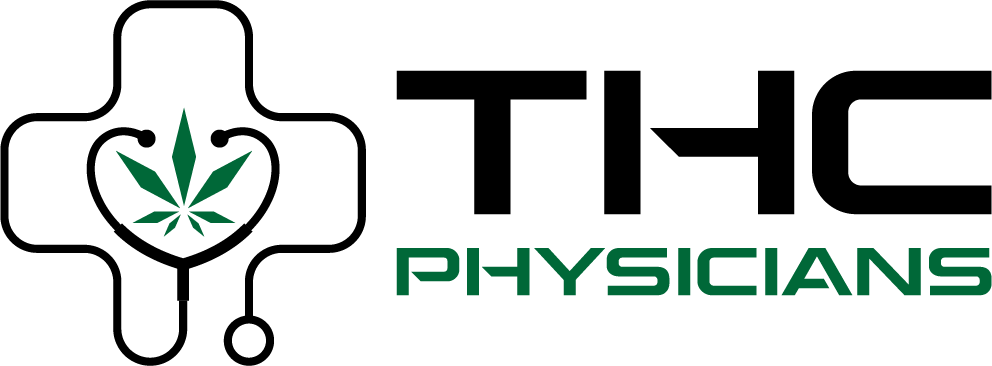The Psilocybin - Marijuana Connection: Exploring the Potential Synergies for Mental Health
In recent years, the therapeutic potential of substances traditionally viewed with apprehension, like psilocybin and marijuana, has been receiving prominent attention. Not only are attitudes towards these substances shifting, but so too is the scientific community's understanding of their complex effects on mental health. This blog post aims to explore the psilocybin-marijuana connection and the potential synergies they present for mental health.
Understanding Psilocybin and Marijuana
First, it’s crucial to understand what psilocybin and marijuana are. Psilocybin is a naturally occurring psychedelic compound produced by more than 200 species of mushrooms. Once ingested, psilocybin is metabolized into psilocin, which triggers serotonin receptors in the brain and leads to altered and unusual perceptions, referred to as a “trip”.
Marijuana, also known as cannabis, contains over 100 compounds known as cannabinoids. The most well-known among these are tetrahydrocannabinol (THC) and cannabidiol (CBD). THC is associated with marijuana's famous “high,” whereas CBD is non-intoxicating and has received recognition for medicinal applications, notably in neuropathic pain, epilepsy, and several psychiatric disorders.
The Psilocybin-Marijuana Connection
While psilocybin and marijuana have different biochemical profiles, they seemingly interact with the same fundamental aspect of human biology – our neural networks. Both substances exert their effects by interacting with the brain's neurochemical messaging system. Consequently, when used in a controlled and therapeutic context, they may help mitigate mental health conditions, sometimes synergistically.
Potential Synergies for Mental Health
Research suggests that psilocybin and marijuana could be used together to enhance therapeutic outcomes for certain mental health conditions, including depression, anxiety, PTSD, and addiction.
Depression
Depression is a common mental health disorder characterized by persistent feelings of sadness, loss of interest in activities, and difficulty functioning at work or home. Traditional treatments, including psychotherapy and medication, often fail to provide relief for everyone.
Studies indicate that both psilocybin and marijuana can alleviate symptoms of depression. Psilocybin appears to 'reset' brain connectivity and improve mood in depressed individuals, while cannabinoids like CBD demonstrate antidepressant-like effects by interacting with the brain's endocannabinoid system. This convergence of mechanisms suggests a potential synergy, where psilocybin and cannabinoids could complement each other to enhance the overall treatment effect.
Anxiety
Anxiety disorders represent a group of mental health conditions marked by excessive and prolonged feelings of fear and anxiety. Both psilocybin and marijuana have shown potential in reducing anxiety symptoms. Notably, single high-dose psilocybin sessions have led to substantial decreases in anxiety among individuals with life-threatening cancer diagnoses.
On the other hand, marijuana's components, especially CBD, possess anxiolytic properties. By combining both substances, one might achieve a more potent and longer-lasting anxiolytic effect.
Addiction
Substance use disorders represent a significant burden worldwide. Interestingly, both psilocybin and marijuana have shown promise in treating various forms of addiction. Psilocybin therapy has found to be effective in treating alcohol dependence and smoking cessation, while marijuana, particularly CBD, has displayed potential anti-addictive properties.
This suggests that administering psilocybin and CBD could present a novel therapeutic approach, potentially increasing the success rates of treatment for substance use disorders.
PTSD
PTSD (post-traumatic stress disorder) is a debilitating condition that can occur after a traumatic event. Both psilocybin and marijuana could be potential novel treatment options for PTSD.
Psilocybin allows individuals to confront traumatic memories and facilitate their emotional processing, eventually reducing PTSD symptoms. Simultaneously, marijuana, particularly CBD, has shown efficacy in reducing nightmares and other PTSD-related symptoms. By combining these treatments, one might enhance the effectiveness of PTSD intervention.
Conclusion
The potential therapeutic synergy between psilocybin and marijuana is an exciting prospect for mental health treatment. However, while preliminary results are promising, more research is needed to refine our understanding of these substances and how they may be used most effectively and safely.
Understanding the potential interactions and collaborative benefits of psilocybin and marijuana paves the way for innovative therapeutic approaches. Hopefully, with continued research and shifting societal attitudes towards these substances, we can work to create more effective solutions for individuals struggling with mental health conditions.
Disclaimer: The use of psilocybin and marijuana has legal implications depending on where you live. Always consult a trained healthcare provider before beginning any new treatment regimen, and be sure to follow local laws and regulations. This blog post is for informational purposes only and does not represent medical or legal advice.

